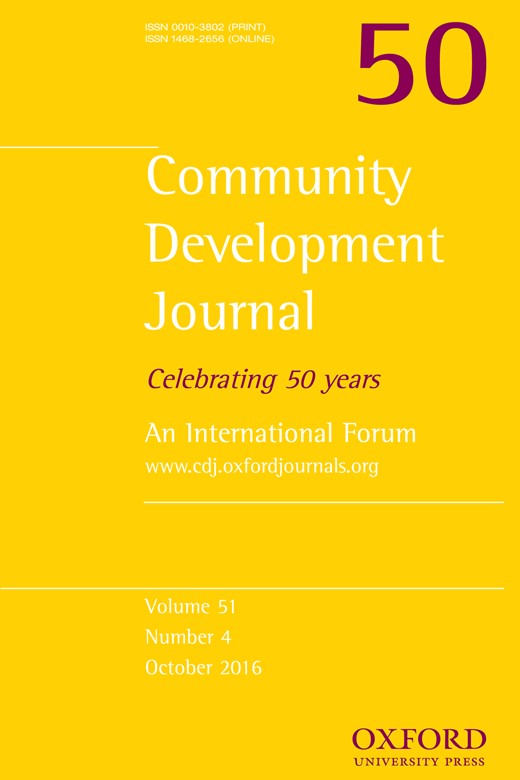-
Views
-
Cite
Cite
Guzel Sabirova, Alexey Zinoviev, Urban local sport clubs, migrant children and youth in Russia, Community Development Journal, Volume 51, Issue 4, 4 October 2016, Pages 482–498, https://doi.org/10.1093/cdj/bsv045
Close - Share Icon Share
This article reports on recent ethnographic research into the nature of male public space in a sports club in St. Petersburg. Particular focus was put on examining how the children of migrants interacted and socialized at the club. This study took a critical youth studies approach to the analysis of how children with a migrant background experience out-of-school sport clubs as part of wider community structures. The main conclusion is that sport clubs not only provide a space in which children can interact with their peers but also offer an opportunity to socialize with older teenagers and young people. The sports training regimes that are offered to develop these children into ‘men’, creating new hierarchies within which one's ethnicity and language are of reduced importance in comparison to factors such as age and sporting ability. All the same, despite offering new skills and experiences to its members, sports clubs also reproduce the hierarchies present in society as a whole, especially those connected to gender and ethnicity.



